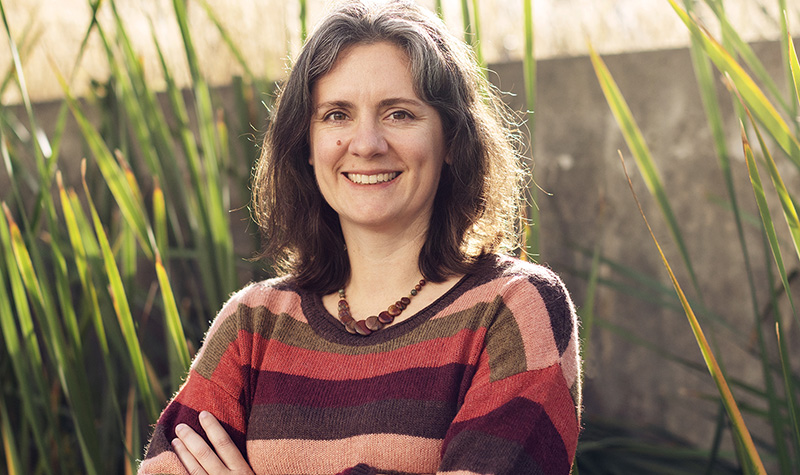UBC's Mary O'Connor, William Cheung and Allan Bertram have been awarded NSERC prizes. These annual prizes recognize exemplary achievements by some of the best and brightest researchers in the world. UBC's researchers were each recognized for their research relating to climate change.
November 10, 2020
Her Excellency the Right Honourable Julie Payette, Governor General of Canada, the Honourable Navdeep Bains, Minister of Innovation, Science and Industry, and Professor Alejandro Adem, President of the Natural Sciences and Engineering Research Council of Canada (NSERC) announced this year’s recipients of NSERC Prizes. Twenty-six of Canada’s world-leading scientists and engineers, and 13 of their industry partners received NSERC prizes recognizing their contributions in a range of research fields.
UBC Awardees
E.W.R. Steacie Memorial Fellowships
Up to six E.W.R. Steacie Memorial Fellowships are awarded annually to recognize early-stage academic researchers in the natural sciences and engineering and to support them to enhance their research capacity, so that they can become leaders in their field and inspire others.
Brockhouse Canada Prize for Interdisciplinary Research in Science and Engineering
The Brockhouse Canada Prize for Interdisciplinary Research in Science and Engineering recognizes outstanding Canadian teams of researchers from different disciplines who came together to engage in research drawing on their combined knowledge and skills, and produced a record of excellent achievements in the natural sciences and engineering in the last six years.
Allan Bertram (Chemistry) - NETCARE
Bertram is recognized alongside collaborators from the University of Toronto, Dalhousie University, Université Laval, Environment and Climate Change Canada, and Fisheries and Oceans Canada as part of NETCARE—the Network on Climate and Aerosols.
Warming at twice the rate of the rest of the planet, the Arctic is the proverbial canary in the coal mine when it comes to tracking the effects of climate change. While increased levels of greenhouse gases are the primary driving force for global warming, the roles of tiny aerosol particles—some natural and some made by humans—need to be better established to understand the complete climate system.
NETCARE—the Network on Climate and Aerosols—was established in 2013 with the goal of understanding how these particles are formed and travel through the atmosphere, and the effects they have on climate. The multidisciplinary team brings together more than 40 earth science experts from university departments and federal research labs. The team distills massive amounts of field data and observations to improve climate models that predict environmental changes that are likely to take place in the Arctic over the coming decades. These predictions help policy-makers prepare for and, hopefully, mitigate the worst of the effects of climate change in the Arctic.
In recognition of their outstanding contributions to climate research in Canada’s Arctic, the members of NETCARE were awarded the 2020 Brockhouse Canada Prize for Interdisciplinary Research in Science and Engineering.

